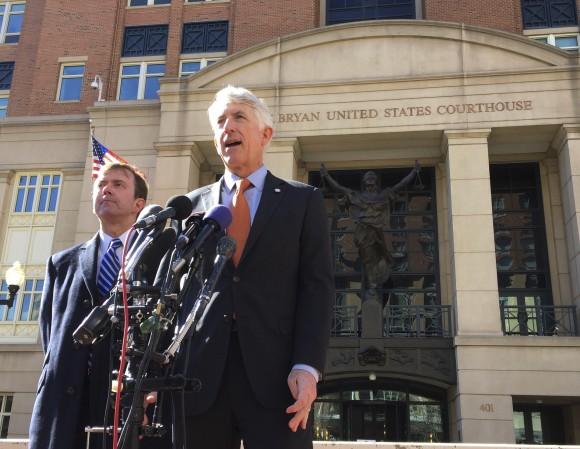The Trump administration is left with two options to revive the President’s executive order banning U.S. entry to travelers from seven Muslim-majority “countries of concern” listed by the previous administration.
The order was challenged in multiple courts and, on Feb. 3, the District Court in Washington paused the order for the time period when the case is in progress. The administration appealed to the 9th Circuit Appeals Court, asking for the order to remain in effect during the course of the case, but was denied on Feb. 9.
Now, President Donald Trump has two choices: He can appeal to the Supreme Court, or issue a new narrower and more specific order that would be able to withstand legal challenges. Technically, he has a third option: Appeal to the whole 9th Circuit judge panel. But since the 9th Circuit is considered liberal-leaning, this option is unlikely.
Trump issued the order on Jan. 27, banning entry for citizens of Iraq, Iran, Libya, Somalia, Sudan, Syria, and Yemen for 90 days. It also suspends the intake of refugees for 120 days and Syrian refugees indefinitely. The purpose was to give the government time to figure out stricter screening criteria, as the existing criteria were ineffective for screening immigrants from countries with unstable or uncooperative governments.
Trump said the ban needed to be issued abruptly, otherwise it would have given hostiles time to sneak in.






